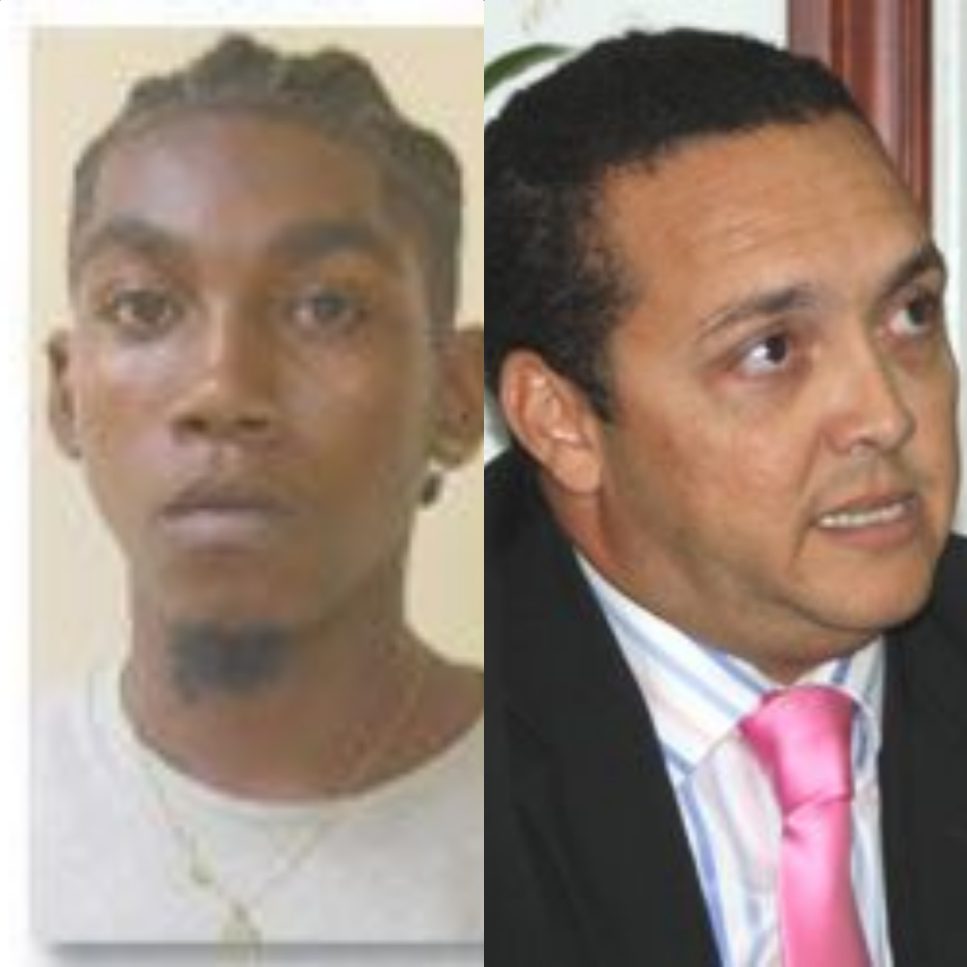A recent gun and ammunition matter involving 18-year-old Joel Williams of New Montrose may become a model case for sentencing young offenders.
Williams had pleaded guilty on Monday to possession of one Glock .27 semi-automatic pistol, and five rounds of .40 ammunition without licenses, and sentencing was adjourned to Wednesday.
However, on William’s return to the Serious Offences Court on Wednesday, Chief Magistrate Rechanne Browne stated her intention, in assessing the matter, to be guided by a quotation from Chief Justice of the Eastern Caribbean Supreme Court, Dame Janice Pereira, which formed part of Justice Pereira’s remarks at the opening of the new law year on Tuesday, January 10.
Justice Pereira was quoted as saying, “A regime of punishment is not always the answer, but the restoration of young lives”.
The Chief Magistrate said that sentencing is never an easy exercise, neither is it a pleasure and is even more challenging in relation to young offenders.
Browne, in her assessment of this matter, declared that the Court is minded not to impose a custodial sentence so as to give the offender a chance to come to redemption.
And she told attorney Grant Connell, who represented Williams, to come up with a plan of action by Monday, January 16, so as to assist the Court in relation to issues such as restoration, redemption and rehabilitation.
“Get something done in writing. I want to see the plan of action, put all these things together,” the Magistrate told Connell.
Williams was charged in October 2022, Connell told the Court then that his client intended to take a certain course, and given his age and educational background, the Court would be greatly assisted in the sentencing process if certain documentation was submitted.
The matter was adjourned on various occasions to facilitate the lawyer’s request, and a Social Inquiry Report was prepared by case worker Camille Mc Intosh, attached to the Ministry of National Mobilization, and submitted to the Court.
In his mitigation plea on Monday, Connell asked the Court not to impose a custodial sentence on the young offender. He noted that Williams was a secondary school dropout, who had no prior convictions, and sending him to prison would have a corrosive effect on him and would further impact his ability to get a job, given the stigma attached to those who spend time in prison.
Connell told the Court that if the pillars of sentencing – retribution, deterrence, prevention, and rehabilitation – are properly applied, Williams stood a chance.
“It is never too late for redemption, as my friend Adolphus Delpleche (retired Senior Prosecutor) used to say.”
The lawyer added that he has called on some of the pillars of society which “we as a people”, lean on for support, including the church, and those who could guide young men like Williams out of these scenarios.
The lawyer mentioned Ozzoh Pope, a professional plumber, and Pastor Cecil Richards of the Kingstown Baptist Church who he said have both indicated their willingness to assist.
“In the present situation regarding the rise in crime, the Court must look for an alternative rather than filling our jails with young people. He is not a hardened criminal, and if the system creates hardened criminals, jailing everybody who comes before the Court charged with possession of a firearm, would be compounding the issue,” Connell said.
The Social Inquiry report on Williams concluded that “he appears to possess neither the attitude nor aptitude to be known nor to become a hardened criminal, or to be perceived as a threat to the public’s safety.
The Social Inquiry Report, therefore, added, “It rests on this honourable Court to recognize Joel Williams to be a good prospect for reform.”
Williams’ arrest stemmed from a police search of his person at New Montrose on October 3, 2022, during which the gun containing the ammunition was found in his left back pocket.
Firearm and/or ammunition offenses normally attract a custodial sentence, except in certain circumstances.
Firearm or ammunition possession carries a maximum penalty of seven years in prison, or $20,000, and a person could be fined and confined
Source:The Vincentian

